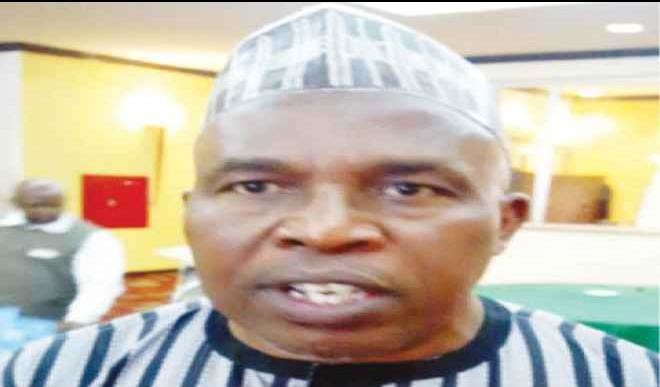Justice sector not well funded – Prof Tabi’u
Professor Mohammed Tabi’u (SAN) is the chairman of the Technical Drafting Committee, National Policy on Justice which was considered in the first National Summit on Justice Sector. In this interview, he speaks on the gains, while calling on all the states to have coordinating bodies for justice reforms. Excerpts: What is the main objective of […]


Professor Mohammed Tabi’u (SAN) is the chairman of the Technical Drafting Committee, National Policy on Justice which was considered in the first National Summit on Justice Sector. In this interview, he speaks on the gains, while calling on all the states to have coordinating bodies for justice reforms. Excerpts:
What is the main objective of the policy?
The main objective is to generate consensus and collective action in addressing the problems and obstacles which interfere with the enjoyment of justice through our various justice institutions in the country. We had all of them for the three-day summit culminating in the adoption of the policy.
What have been the impediments to the implementation of the reforms done already in the justice sector?
The meeting is to address those identified challenges one of which is the need for unity, consensus and joint action. Everybody knows that it doesn’t work when you have each justice institution working on its own, and pursuing self-established objectives. So let’s have common objective that we pursue together.
Secondly there is a general feeling among the actors that the justice sector does not receive the amount of resources needed for it to function well. Compare our justice system with the type of justice systems in other places in terms of the role of information technology, investigation, the court processes, and in collecting and managing information and data, you find out that we are very far behind. And that needs to be addressed and is addressed in this document.
Another issue is discipline. You cannot make any progress unless there is discipline, commitment, supervision and oversight. All these are incorporated into the document.
In the light of these challenges in our justice system what about the ordinary people?
Justice is not for the big guns; it is for the ordinary people. How do we make the justice system accessible and affordable to the ordinary people? So the document that we have just produced looks at how justice impacts on the ordinary man in the streets, the people in the villages across the country. It analyses the problems they face and agrees on what is to be done in order to find solutions.
What is responsible for the lack of domestication of the Administration of Criminal Justice Act (ACJA) by most states of the federation?
The domestication is going on; you know the very nature of our federal system. That is one of the issues we addressed here. Ordinarily, there should be a forum where issues like that are discussed. Before we came here no such forum existed. So we are trying now to create the forum where justice sector institutions, federal and state governments, all will come together and say for example ‘The ACJA takes care of many of our problems, so let’s all adopt it.’ And so everybody will go away, reconvene and say ‘how many have adopted and how many have not adopted, what is supposed to be done?’ but the forum for that was not in existence till now.
What advice do you have for states now that all are expected to device justice sector reforms?
The Solicitor General pointed out that every state should have justice sector coordinating bodies called justice sector reform coordinating committees. It is starting now at the state and federal levels. I am the chairman at the federal level. Twenty states have a coordinating body but the rest don’t. That is why we are trying to organize ourselves at the federal level and there is need also at the state for the institutions to find a structure through which they can coordinate themselves. That is essential to justice reforms – implementation of the justice reform and we have gotten here.
